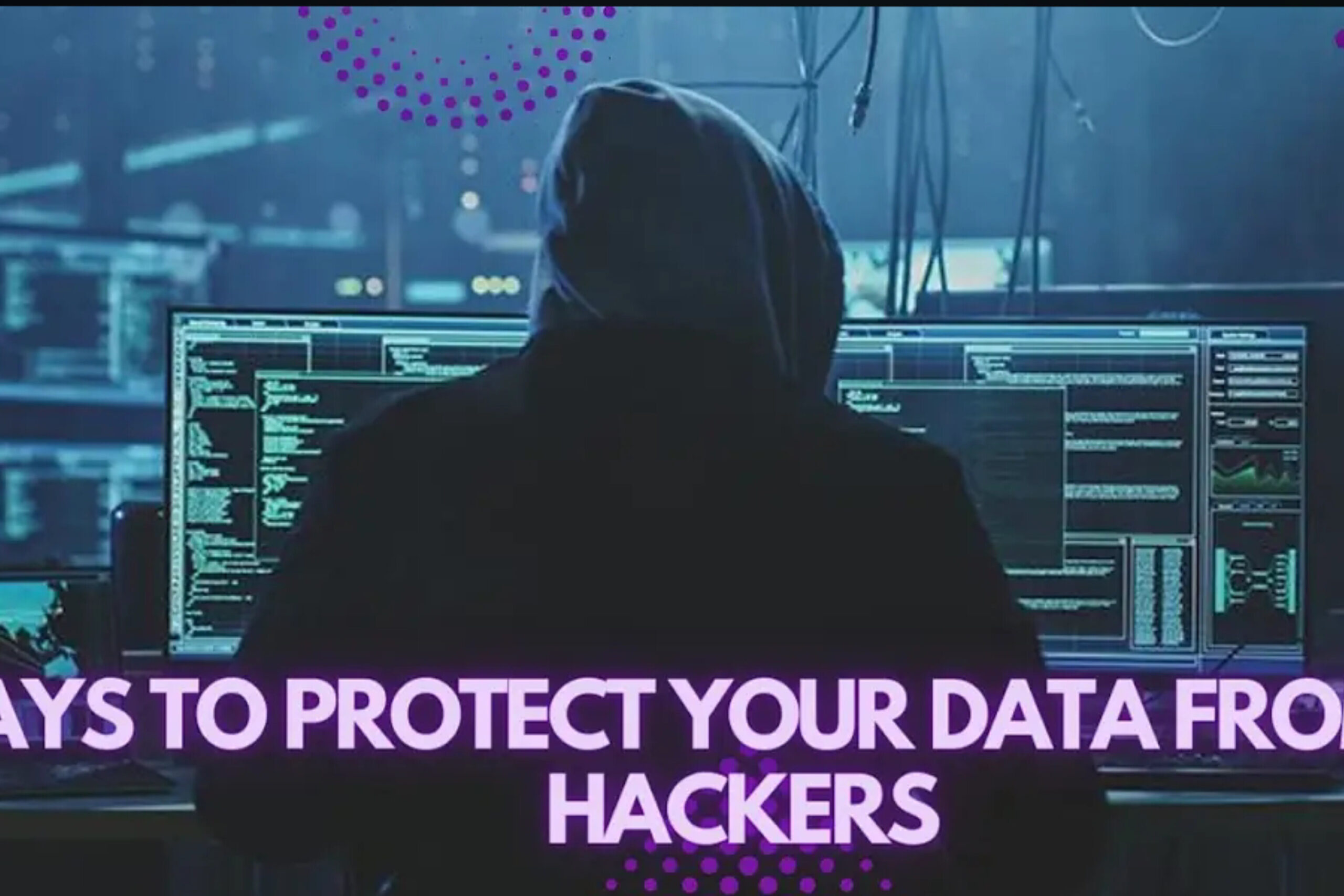
How can you protect your home computer cyber security? Essential Tips for Cybersecurity1
How can you protect your home computer cyber security In today’s digital age, it has become very important to protect your computer from cyber threats. To protect our information security and peace of mind, we should always do something to protect our computer from cyber attacks. Okay, cyber attacks can come in the same form as phishing raids and data breaches. But if you take some basics, you can protect your computer from threats to a great extent. Here are some effective tips that we will tell you in this article. Install antivirus software.
It is very important to install an antivirus program. It removes malware and viruses. You should always use a trusted antivirus software. It should be updated regularly. You will get protection from the latest threats and many antiviruses also offer real-time scanning How can you protect your home computer cyber security which can provide protection even while you are browsing the Internet. Use a strong password. Passwords are yours for cybercriminals. Is it legal to access an account or computer? Illegal XX is an easy way to always use a strong and unique password. An account should be a strong password of at least 12 characters.
How can you protect your home computer cyber security Tips You Wants
It should be a mix of uppercase, lowercase, letters, numbers, and special characters. If you are having trouble remembering your password, use a password manager that helps you create strong complex passwords. Enabling Firewall Protection A firewall acts as a barrier between your home computer and the internet that does not allow unauthorized applications to enter your system. Most operating systems like Windows and Mac OS come with a built-in firewall that is enabled by default. If you are using a third-party antivirus suite, check if it offers protection. Always make sure your firewall is turned on so that no hacker can gain unauthorized access to your system. Keep your software up-to-date. Regular software updates. Software developers release updates for new security threats that may occur.
These updates apply to your operating system, such as Windows or Mac, and also to installed apps and browsers. You can set up automatic updates, which can then check for updates on a regular basis to see if your system has the latest security pack installed. Avoid phishing schemes. Phishing is an attack in which hackers pretend to be a legitimate institution or individual to obtain sensitive information such as login credentials or personal data. Try not to open emails from these senders.
Do not click on suspicious links. Verify the sender’s email address and, if there is an attachment, do not download it. Unless you are sure that it is legitimate, contact the organization directly through their official website or phone number. Use encryption. It is a powerful way to protect your data, especially if your computer is compromised. Many operating systems offer built-in encryption tools that encrypt your hardware so that unauthorized persons cannot access your files. Options such as BitLocker in Windows and macOS Mobile Vault are available.
Encryption keeps your sensitive data secure so that if someone physically accesses your computer, they cannot see your encrypted files. Take regular backups of your data. In case of a cyber attack such as a ransomware attack, it is important to How can you protect your home computer cyber security have a reliable backup of your data. Your files can be encrypted, and then the ransomware demands the encryption key. If you have a backup, you can restore your files using a combination of external hardware and cloud-based backup to keep your data safe. Back up your files regularly. Back up your files so that you can be sure that you have a backup. Whether it works properly or not, public Wi-Fi is a scam. Be careful, but be careful. Public Wi-Fi is like a coffee shop.
Reports are made of it, but it can be used by cybercriminals who can intercept your data. If you have to use public Wi-Fi, do not research information like your online banking account in a sensitive manner. If necessary, install a VPN that will encrypt your internet connection and keep your data secure. Educate yourself and your family members. Awareness about cybersecurity is very important. Stay updated on the latest cyber secrets and educate your family members about safe internet practices. Publish emails. Recognize emails. Use strong passwords and do not download suspicious files. Make it a habit How can you protect your home computer cyber security
The more awareness you have, the more chances you have of avoiding cyber attacks. Conclusion: Cybersecurity is not a one-time task, it is a continuous process. You will have to deal with viruses and proxy servers. Install antivirus software, use strong passwords, enable a firewall, keep your software updated, and adopt browser security patches. Regular backups can greatly improve your computer’s security. Encryption can further protect your data. Ultimately, it is a combination of the right tools, knowledge, and practices to protect your home computer from emerging cyber threats.


One Comment